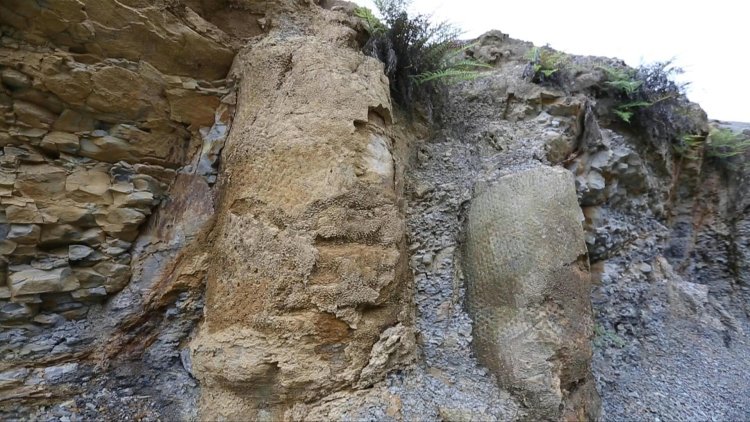290 million-year-old forest is discovered in Brazil

A team of researchers has discovered an upright fossilised forest estimated to be 290 million years old in southern Brazil, considered a "window into the past" for the study of plant evolution.
The discovery of this set of 164 trunks of lycophytes (without fruits, flowers or seeds) of an extinct variety is "the most important in the southern hemisphere", for quantity and quality of preservation, explained Thammy Mottin, geologist and doctorate from the Federal University of Paraná, who led the research with collaborators from the Federal University of Rio Grande do Sul and the University of California.
"With an estimated age of 290 million years, these plants represent very primitive forms in the history of the Earth," said Mottin, who studies the post-glacial period, in which the climate became warmer and more conducive to the emergence of dense forests; like this.
There were only two other similar finds in the southern hemisphere, but smaller, in the Brazilian state of Rio Grande do Sul (south) and in Argentine Patagonia.
The Paraná forest was found at the end of 2018, when a route was opened in the area to give access to an industrial plant. Geologists went there to study the exposed rocks, but to their surprise, they stumbled upon a fossilised forest.















